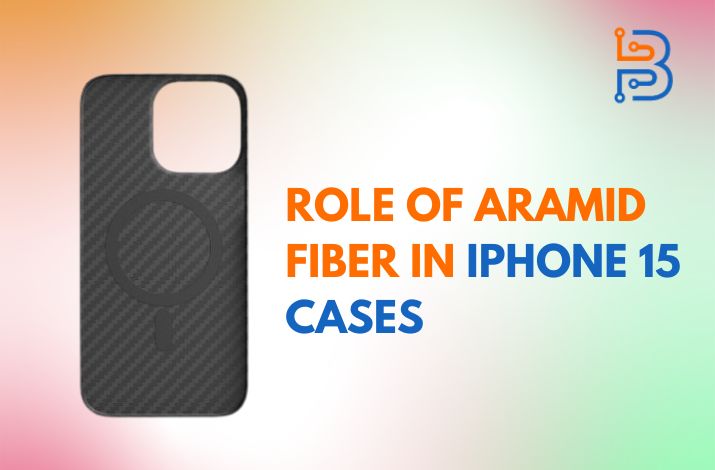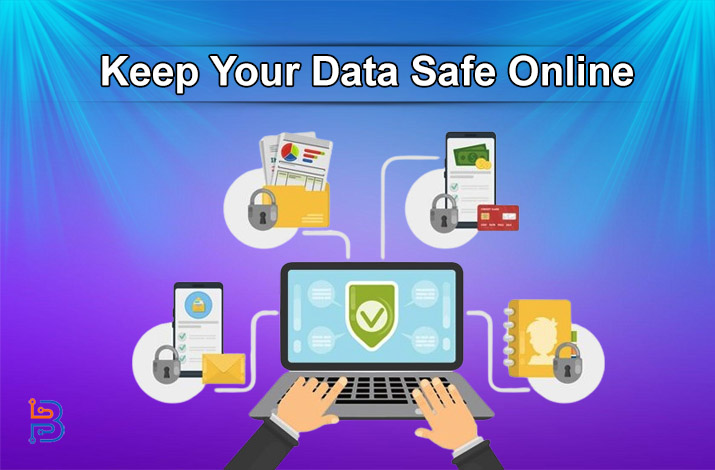Why Businesses Need Mobile Security Specialists Now

Today, work isn’t limited to the office. Smartphones and tablets allow business owners and employees to perform vital tasks—from answering emails to conducting important business transactions—from home or on the go.
Unfortunately, this increased freedom and utility comes with its own set of risks. Mobile devices can be a gateway through which cybercriminals access corporate data, sensitive customer information, or financial transaction details. What can you do to protect your business?
Cybersecurity is not impossible, but it does require dedication, continuing education, and an evolving set of skills. It’s time to dust off your information security analyst resume, probe your team for mobile security expertise, or bring in new talent with the needed skills.
Below, we’ll consider the current state of the cybersecurity threat landscape, what you should look for in a mobile security specialist, and how integrating mobile security measures should affect your overall cybersecurity strategy.
Today’s Mobile Security Landscape
The need for mobile security measures has been described as “critical” and “urgent.” Why?
One reason is the increasing use of mobile devices to access business data. No longer are desktop computers that remain at the office the only gateway. Many employees use laptops, tablets, or smartphones that travel with them between work and home. They may connect to unsecured public Wi-fi networks at hotels, coffee shops, or elsewhere.
Also, a lot of data is stored in the cloud— 60 percent of all corporate data, according to Verizon’s 2023 Mobile Security Index Report. This can be a risk factor if mobile access points are not secured adequately.
Some of these devices are company-owned and issued, and their use is limited to business purposes. But others are personal devices used to access any number of websites and apps—some of which may install malicious programs or compromise the security of any and all device information. Additionally, mobile devices can be lost or stolen.
Besides this vast attack surface, cyberattacks are becoming increasingly sophisticated. Intelligent hackers constantly look for vulnerabilities, developing new tools and techniques to exploit them. According to one study, more than a third of mobile device users had fallen for a phishing link, downloaded malware, or given passwords or personal information to a scammer.
Mobile Security Specialists—Vital Skills and Abilities
Mobile security specialists serve as a bulwark between your business’s sensitive information and the bad actors and risky events described above. The security specialists should have a diverse skill set with a strong background in information technology and cybersecurity. Specialized technical skills like coding, programming languages, cloud computing, and app development, and soft skills such as public speaking and the ability to explain complex concepts in a concise manner are helpful.

When hiring or training a mobile security specialist, look for professionals who can:
- Conduct threat assessments to analyze and identify the potential vulnerabilities of mobile devices, apps, and access protocols.
- Create security policies for application security, data encryption, password management, “bring your own device” (BYOD) standards, and mobile security breaches, as well as an incident response plan. This includes informing and training individuals and teams so they understand mobile security policies and feel ownership.
- Secure the mobile applications that are used by the company, especially apps that are developed in-house or for specific business use. This includes security testing, code reviews, and vulnerability patching.
- Use mobile device management (MDM) systems to manage device access and remotely wipe data from lost or stolen mobile devices.
- Communicate well and implement training programs to promote security awareness and keep team members up to date on mobile security best practices.
Candidates should also have an interest in staying up-to-date on the latest developments and cybersecurity trends.
It Takes a Team—Integrating Mobile Security in Your Business Strategy
Hire a mobile security specialist or train an employee to reduce data breaches, their cost, and downtime. Protecting data from unlawful access maintains brand reputation, consumer trust, and data privacy compliance.
But just having a mobile security specialist in your workforce does not magically ensure security. It is a team effort. Creating and enforcing consistent security policies is a vital first step. For example, access to sensitive data might require multi-factor authentication methods. Consistent protocols for security hygiene across diverse devices empower employees to use their devices efficiently and with confidence.
Teams should be trained to recognize and respond to all sorts of cyberattacks—including but not limited to social engineering scams, malware infiltration, and phishing communications. Ongoing training is needed because attack strategies are constantly changing. Some mobile security specialists randomly send out emails or other communications to employees to test their responses. If they do not recognize or report the potential threat, they may need additional training. The end result should be a culture of security—a recognition that it is everyone’s responsibility, not just that of the IT team or security specialist.
Additionally, you should consider the need for collaboration between teams—especially if you have separate departments working on IT security, mobile app development, and hardware allocation. Especially in the development of mobile apps, security should be prioritized throughout the application life cycle.
Finally, consider how your mobile security tools and protocols will integrate with your existing security structure and devices. Aim for a centralized method of monitoring and incident response. Update and replace hardware and software as needed so as to minimize disruptions to the user experience on mobile devices.
Conclusion
Ever-changing technologies dominate today’s business landscape. Mobile devices have become vital for business communication and other tasks, but special care must be taken to prevent them from becoming a liability—the platform through which a data breach occurs.
This can be done by hiring or training a mobile security specialist to analyze vulnerabilities and create security strategies. Then, everyone who accesses company data from a mobile device must be adequately trained and willing to make those strategies a way of life.






